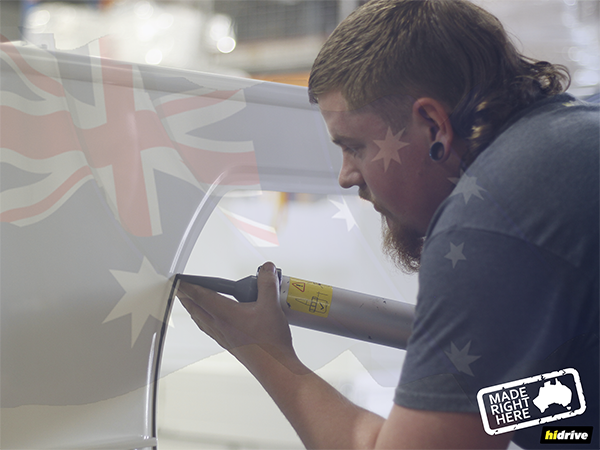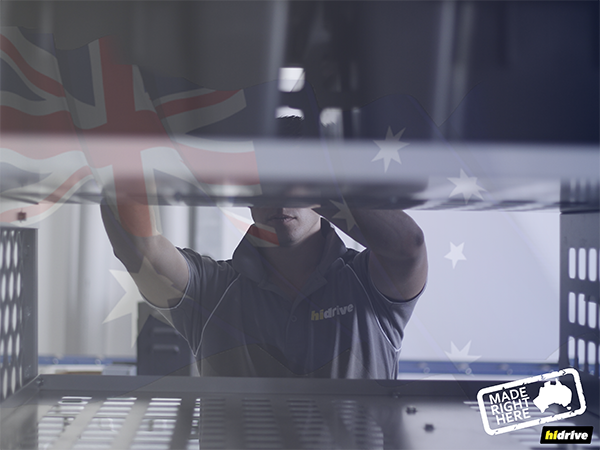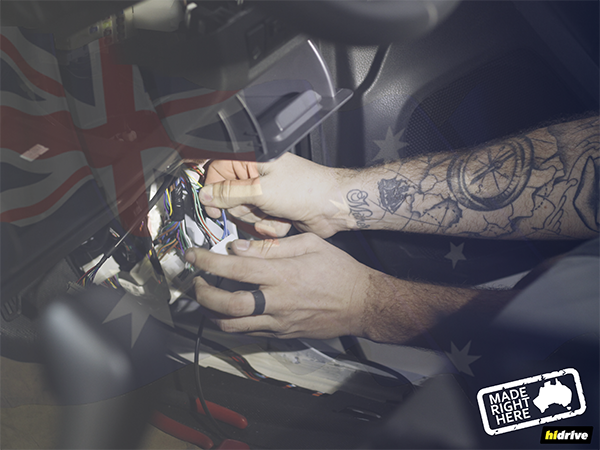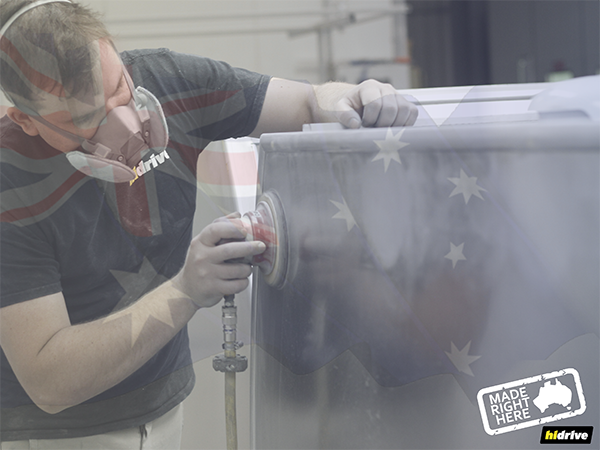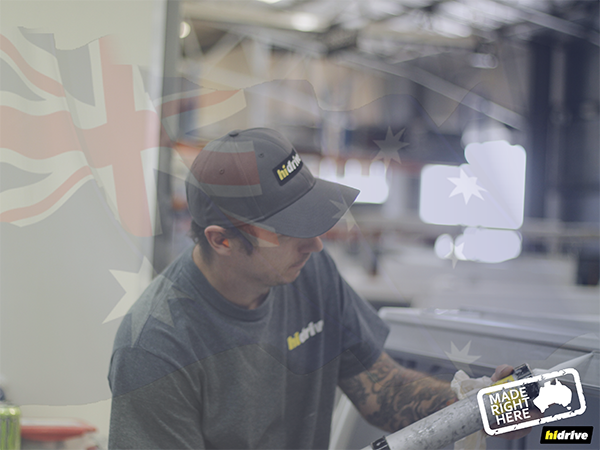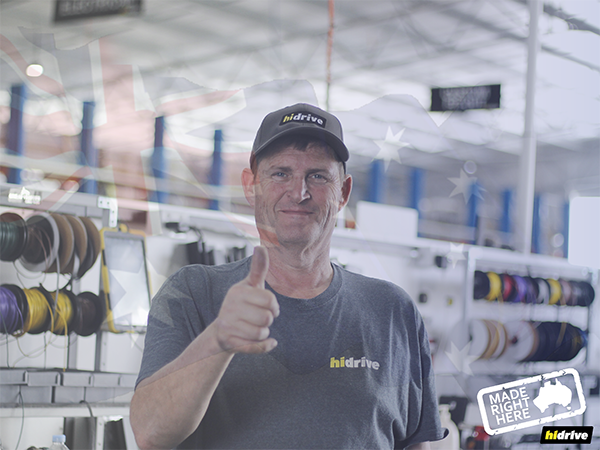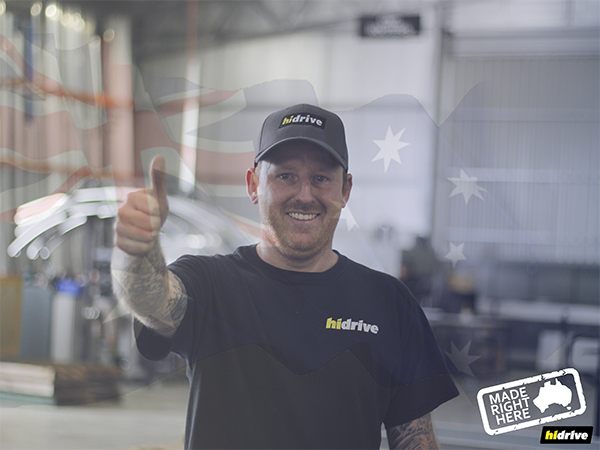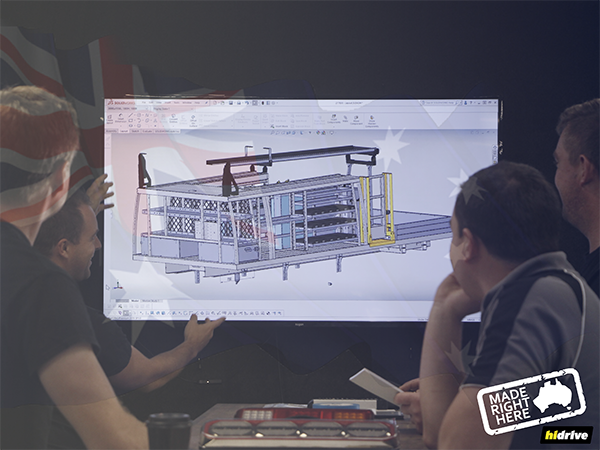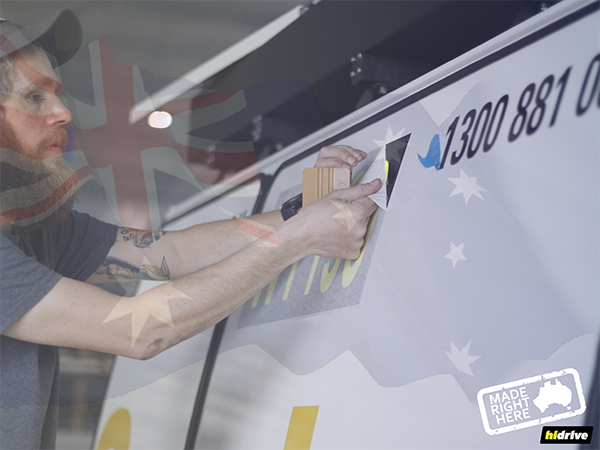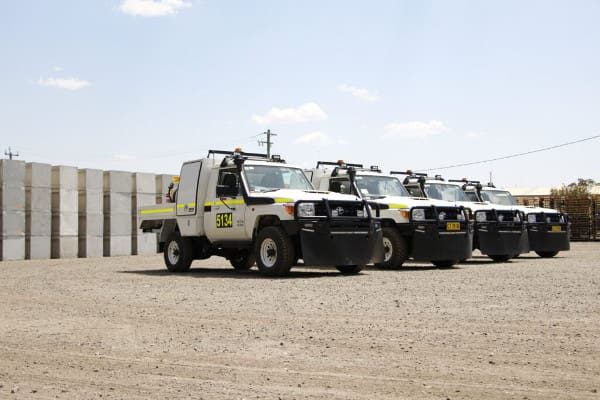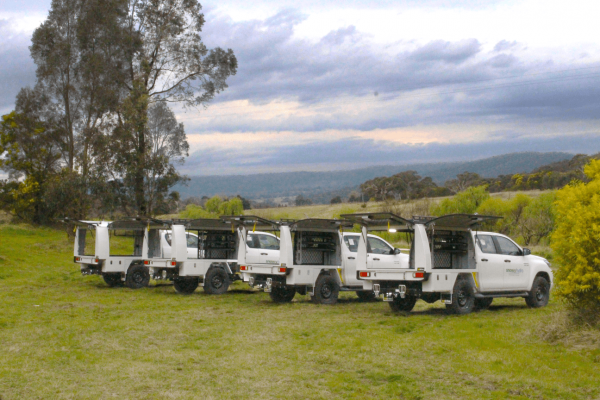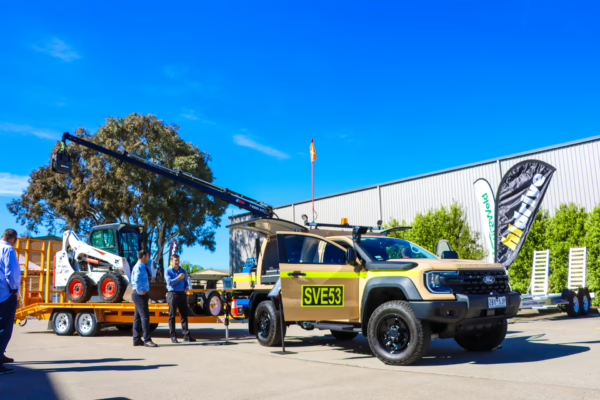Australian Made Week highlights the value of the Australian manufacturing sector and promotes buy local campaigns.
As a proud Australian manufacturer, we support the “go local”, “buy Australian-made” push. As a vertically integrated manufacturing business with control over all facets of design, engineering and production of the service bodies we make, we also have the best possible control over our supply chain and the compliance and reliability of our products.
There is evidence of consumer behaviour favouring Australian-made products considered to be of high quality and from reliable and reputable sources.
Australia has long held a favourable reputation for quality made goods, at home and overseas. The reputation for reliability was built when the Australian manufacturing industry was flourishing.
In the 1960s, the manufacturing sector employed almost a third of the Australian workforce which at that time made a huge array of goods. At its peak, the industry was a significant contributor to gross domestic product (GDP). It accounted for some 30 percent of the widely watched barometer of the economic growth.
From the 1950s through to the 1970s, Australian goods producers included vehicle manufacturers, steelworks, textile mills and garment producers, partly thanks to industry and trade protection measures such as tariffs. These were put in place amid the Depression and extended after the second world war, and beyond.
The remnants of these protection practices tapered out in recent years as the government withdrew subsidies for car makers, and they in turn shut down. In the 1980s, Nissan, Mitsubishi, Ford, Holden and Toyota were making cars in Australia. The last passenger vehicle made in Australia was a Holden, in 2017.
While the manufacturing sector may have shrunk to less than 6 percent of GDP in recent decades as Australia fell into lockstep with the world and dismantled its system of tariffs and subsidies designed to protect certain industries, its good reputation was steadfast thanks to strong local regulations and quality standards.
To be sure, the disruptions brought about by Covid in 2020-2021 exposed Australia’s vulnerability to international supplies.
Well before the start of the 2020 pandemic coming into view, we at Hidrive had already begun the process of strategically analysing and securing our supply chain.
Our clients — who include essential services like fire and rescue — depend on us to deliver safe and on-time goods.
Now, our suppliers of raw materials and products are required to be part of the “Hidrive secure supply chain” of approved, reputable companies that meet our guidelines and regulations in relation to country of origin and economic reliability.
With many companies taking the same steps as us to secure their supply chain, we see manufacturing continuing to stoke the engine of the Australian economy.
And, with the need to recover and maintain Australian jobs, it has never been more important to buy local and extend the Australian-made trend.
This is the first ever “Australian Made Week” that has been celebrated. Australian Made Chief Executive Ben Lazzaro said the purpose is to celebrate and support local makers. “It’s an opportunity to focus on the benefits of buying local and highlight that when you buy Australian Made, you have a direct economic impact on the livelihoods of hundreds of thousands of Australians throughout the supply chain.”
Hidrive’s commitment is to put local first – our service bodies and other products are made right here in Australia. In the most unpredictable times that this generation has ever seen, Australians can be assured of Hidrive’s On Time Guarantee and Australian reliability.
Hidrive encourages tours of our manufacturing plant. These can be arranged for potential and existing customers through your Hidrive representative.
Stan Eagle
CEO, Hidrive
May 2021
